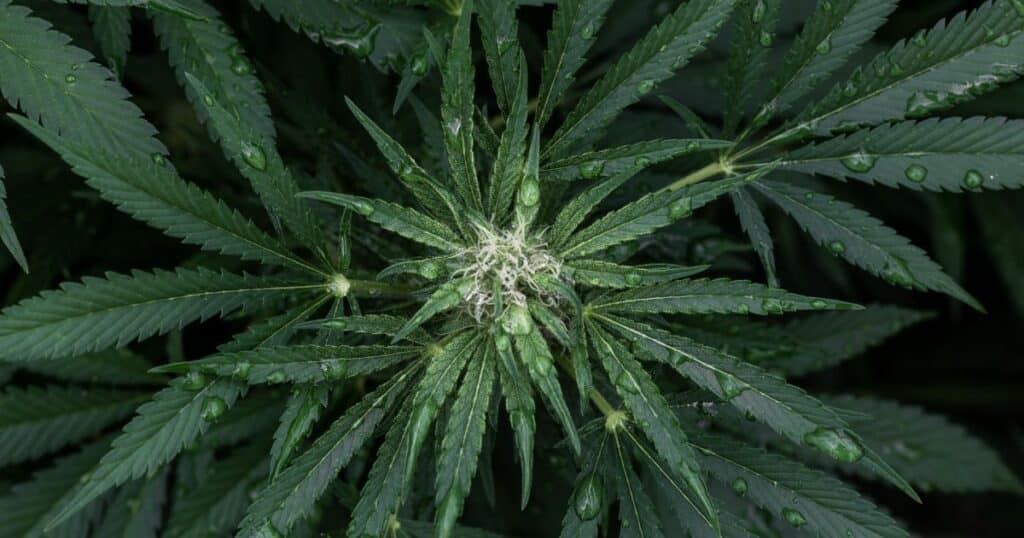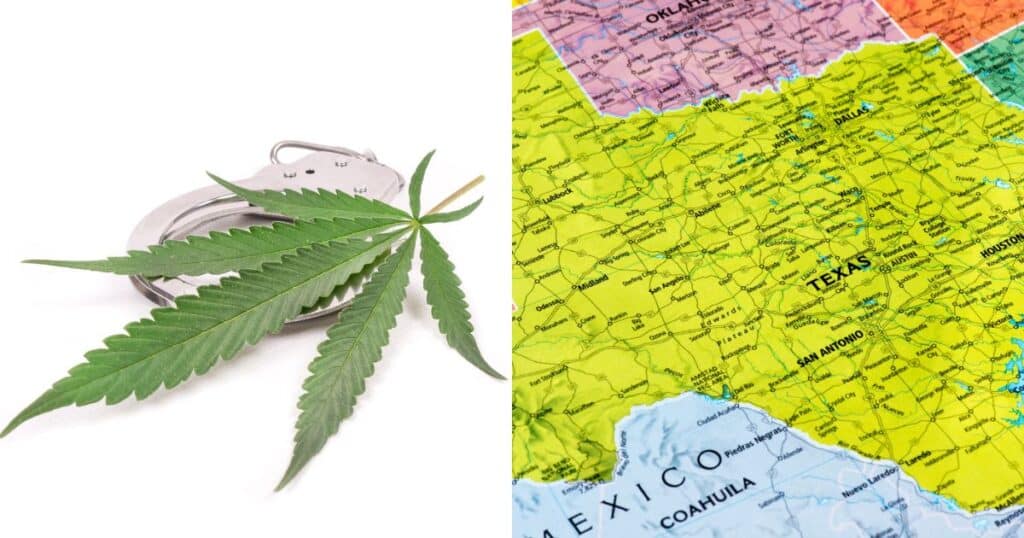Cannabis decriminalization is a hot topic gaining traction in Texas. Activists in Dallas, Bastrop, and Lockhart have been working tirelessly to get cannabis decriminalization initiatives on the upcoming 2024 ballot. The goal? To change the way low-level marijuana possession is handled by local law enforcement. This movement has the potential to reshape the legal landscape and promote social justice across Texas.

Before we discuss each city’s campaign, let’s clarify what cannabis decriminalization means. Decriminalization refers to reducing or eliminating criminal penalties for certain actions. In this case, the goal is that low-level marijuana possession would no longer result in arrests or harsh penalties. Instead, it would be treated more like a minor infraction, similar to a traffic ticket.
Cannabis decriminalization has several important benefits. First and foremost, it helps reduce the burden on the criminal justice system. Low-level marijuana arrests take up valuable resources that could be better used to address more serious crimes.
Additionally, decriminalization can help prevent individuals from having their lives derailed by minor drug offenses. This is especially important for young people and marginalized communities who are historically disproportionately affected by current laws.
Dallas Takes the Lead
Activists in Dallas have been hard at work collecting signatures to place a decriminalization initiative on the November 2024 ballot. Ground Game Texas, a prominent advocacy group, has led the effort, collecting nearly 50,000 signatures. This impressive show of support demonstrates the strong desire for change in the community.
If approved by voters, the Dallas Freedom Act would decriminalize the possession of up to four ounces of marijuana. This change would free up law enforcement resources to focus on more pressing issues and reduce the number of unnecessary arrests. The initiative also aims to address racial disparities in marijuana enforcement, as Black residents in Dallas are disproportionately affected by current laws.
The success of the Dallas campaign could serve as a model for other cities in Texas, as it’s the third largest city in the state. By demonstrating the benefits of decriminalization and gaining widespread support, Dallas could pave the way for broader cannabis reform efforts.
Bastrop’s Cannabis Decriminalization
In the small city of Bastrop, activists have also been working to place a decriminalization initiative on the 2024 ballot. Led by Democratic candidate Desiree Venable and also supported by Ground Game Texas, the campaign has gathered over 600 signatures, more than enough to qualify for the ballot.
The proposed Bastrop Freedom Act would direct local police to deprioritize arrests and citations for misdemeanor marijuana possession. This policy aims to conserve public resources, reduce discriminatory enforcement practices, and focus on more significant public safety concerns. It’s a common-sense approach to cannabis regulation.
“This petition is an example of true democracy and the power we have as community members to implement legislation that directly affects our wants and needs,” said Desiree Venable, Democratic nominee for Texas House District 17. “The criminalization of marijuana strips us of our individual freedoms and diminishes our opportunities to start a career or access higher education. The decriminalization of marijuana is a necessary step toward the broader criminal justice reform we so desperately need.”
Lockhart’s Push for Change
Lockhart, a city of about 15,000 residents, is also making strides toward cannabis decriminalization. Activists have turned in over 900 signatures to qualify a decriminalization initiative for the November 2024 ballot. This effort, led by campaign director Elle Cross and supported by Mano Amiga, highlights the growing momentum for change.
The Lockhart Freedom Act initiative seeks to prevent low-level marijuana arrests and reduce the risk of discriminatory enforcement practices. The initiative aims to create a safer and more equitable community by reallocating resources to more serious public safety concerns.
Lockhart’s campaign is part of a larger trend of local cannabis reform efforts in Texas. By joining other cities in pushing for decriminalization, Lockhart is helping to build a statewide movement that could lead to significant changes in marijuana laws.
Challenges and Legal Battles
While the momentum for cannabis decriminalization is growing, it’s not without challenges. In recent years, Texas Attorney General Ken Paxton has filed lawsuits against voter-approved decriminalization ordinances in several cities, including Austin, San Marcos, Elgin, Kileen, and Denton.
However, a recent court ruling dismissed Paxton’s challenge to Austin’s law, providing hope for other cities that have adopted similar initiatives to common sense cannabis regulation.
The push for cannabis decriminalization in Dallas, Bastrop, and Lockhart is a testament to the power of grassroots activism and community engagement. By working together, residents of these cities are challenging outdated laws and promoting a more equitable approach to marijuana enforcement.
If you’re interested in learning more about cannabis reform and how you can get involved, be sure to stay informed and support local initiatives. The future of cannabis decriminalization in Texas depends on the collective efforts of dedicated individuals and communities.

















